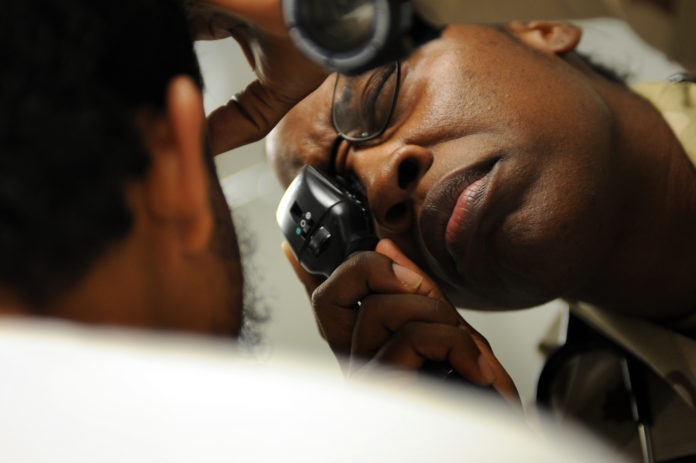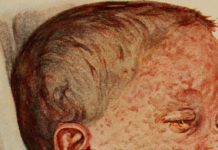
 Indian Council of Medical Research (ICMR) and Zydus have tied up to launch new diagnostic kits, for detection of Japanese Encephalitis Virus (JEV) in mosquito vectors; and the Crimean-Congo Haemorrhagic Fever (CCHF) in sheep, goat and cattle. The kits have been developed by ICMR’s National Institute of Virology (NIV), Pune.
Indian Council of Medical Research (ICMR) and Zydus have tied up to launch new diagnostic kits, for detection of Japanese Encephalitis Virus (JEV) in mosquito vectors; and the Crimean-Congo Haemorrhagic Fever (CCHF) in sheep, goat and cattle. The kits have been developed by ICMR’s National Institute of Virology (NIV), Pune.
According to the National Vector Borne Disease Control Programme, India witnessed 1916 cases of Japanese Encephalitis (JE) leading to 226 deaths in 2017. The virus is transmitted through more than 15 species of Culex mosquitoes, predominantly found in rural and semi-urban settings, where humans live in close proximity to animals.
Animals are often hosts or reservoirs, spreading the infection to humans so detecting infection in them is of importance for control of those diseases in humans. Among products in the pipeline is also, a diagnostic kit for measles. Another product in the pipeline is a Multiplex real time PCR kit for the detection dengue and chikungunya, which is useful in detection during early stages of the infection. Secretary, department of health research and DG-ICMR Dr Soumya Swaminathan said, “ICMR is taking a lead in commercializing the innovations as a result of ICMR’s intramural and extramural research, so that the benefits of the research reach the common man. While tackling neglected infectious diseases, timely diagnosis and treatment are critical. To reach the ultimate goal of elimination of these neglected diseases, it will also be important to improve access, focusing on the fundamentals of preventive interventions. It is important to maintain constant vigilance through appropriate diagnosis, robust surveillance, monitoring and reporting mechanisms.”
The kits will be manufactured and marketed by Zydus Diagnostics, a division of Cadila Healthcare. They have passed all sensitivity and specificity tests and provide results within 2.5 to 3 hours. They will be available for use in public health laboratories and hospitals across India and other countries. These diagnostic tests will help public health services in effective detection and surveillance.













